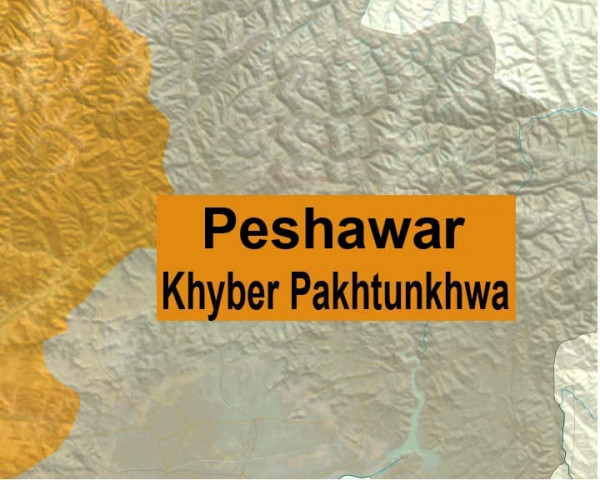Higher education: New centre to produce foreign policy experts
Regional Study Centre to admit its first batch in December.

The newly-established Regional Study Centre (RSC) at the University of Peshawar (UoP) will research on geography, politics, economy, governance, religion and natural resources of neighbouring countries. Using this data, they will develop guidelines for a better foreign policy, university officials said. The centre will produce experts of neighbouring countries.
The admission of the first batch of undergraduate students at RSC was approved by UoP Vice-Chancellor Dr Azmat Hayat Khan on Friday during a meeting with UoP Admissions Director Dr Hizbullah Khan and RSC Coordinator Dr Adnan Sarwar Khan.
Addressing the meeting, Hayat said that the centre would produce researchers and specialists on Afghanistan, India, China, Iran, and Saudi Arabia, who will serve as a major force in devising efficient foreign policy for the country. The centre’s sphere of the study will also be extended to Turkey and United Arab Emirates, he added.
He directed the officials to start the undergraduate programmes in December.
Adnan explained that the university syndicate had proposed statutes to the UoP Senate on July 11, 2009 to have a teaching department which would produce experts on the region. The statutes, he said, were approved by the Senate in March 2010.
Hizbullah said that the concept behind having undergraduate students in these fields is to give them ample opportunities to monitor the geo-political and geo-strategic dynamics of the region, which would help them gain practical knowledge required for devising an effective foreign policy.
The RCS graduates would have career opportunities in foreign services, research institutions, media, non-governmental organisations and other civil departments, he added.
Published in The Express Tribune, October 29th, 2011.



1724319076-0/Untitled-design-(5)1724319076-0-208x130.webp)















COMMENTS
Comments are moderated and generally will be posted if they are on-topic and not abusive.
For more information, please see our Comments FAQ